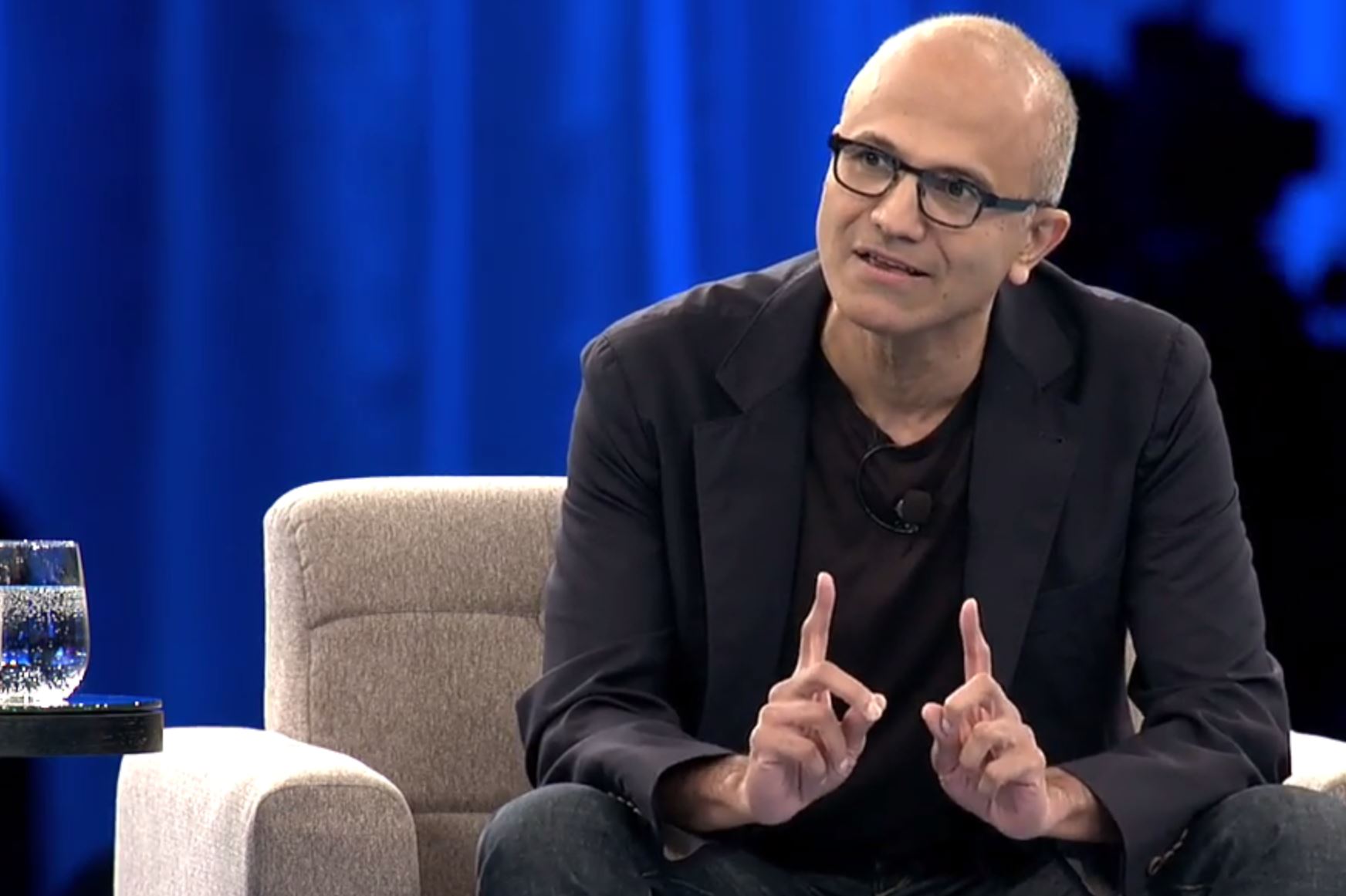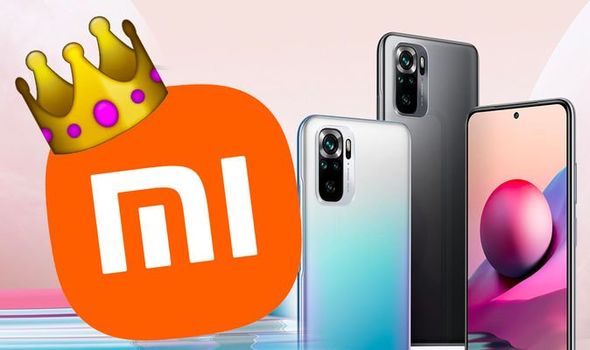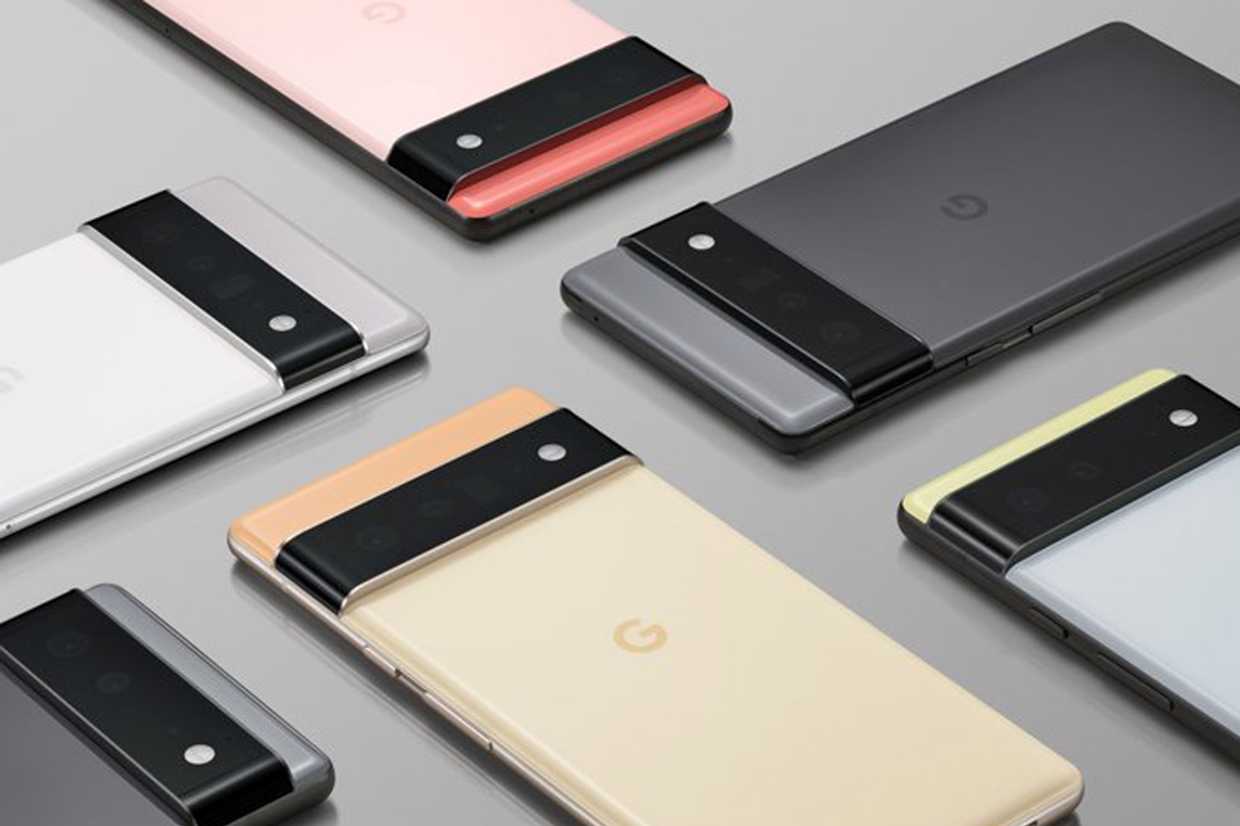When you think about Microsoft’s plans in the smartphone space and how much of a gap they’ve left between themselves and all other device makers as well as operating systems, it starts to become almost frightening. As time goes by, Microsoft’s Surface Phone – or the concept on which it is supposed to be built – becomes more critical than ever, and the longer Microsoft waits, the harder it is going to be to make it a success.
But that’s not necessarily true. On the one hand, smartphones have new technologies that Microsoft will find it hard to catch up to, especially if they’re making their own devices. Case in point is OLED panels – the latest craze in premium smartphones. But on the other hand, mobile operating systems have become so entrenched in their app ecosystems that it’s impossible for them to function normally in the world of desktops, which is still very much relevant in today’s enterprise setting.
And there is every evidence that Apple, Google, Samsung and others are all trying to address that issue in their own ways. Apple is now doing it with iOS 11, trying to bring in a more ‘desktoppy’ experience to the iPad. Google is slowly pushing Android apps into the Chrome OS domain. Samsung is playing around with its own version of Microsoft’s Continuum using its DeX feature.
The reason they’re doing this is that personal computing is no longer being seen as a desktop versus mobile phenomenon. That dichotomy is slowly rending and giving way to a new vision for users, one that is independent of devices, mobility, operating system and other elements that make up the computing experience.
Seen from that bigger picture perspective, Surface Phone does have a fighting chance at the smartphone market.
At this point, I need to clarify that the “smartphone market” I’m using in this context is a much broader term, and includes any kind of mobile computing device. Because that’s where things are going. Smartphones of the future aren’t going to be smartphones in the sense that we now know them to be. They’re going to be powerful computing devices that can also make phone calls when required. We’re already getting there, but there’s still that divide between a phone and a computer.
That is the last barrier that needs to be breached. And that’s what the Surface Phone is all about. If there were to be a checklist for Surface Phone to become a true success in the world of mobile computing, currently known as the smartphone market, these are the things it must be capable of:
- Run any type of application, whether it is a mobile one or a desktop one
- Be seamlessly integrated with other devices owned by the user
- Small enough to be mobile, large enough to be ‘visually adequate’
- Able to extend itself to a larger display without any loss of functionality
- Serve multiple purposes – be equally good for work, entertainment, education, gaming, mixed reality or anything else
- Powerful enough to run resource-intensive applications like a desktop
- Have enough battery life to avoid the feeling of being tethered by the power cord
- Bring all the advantages of desktops as well as smartphones to a single device type
- Able to address forward technologies such as VR/AR/MR, AI support, cloud connectivity, 5G cellular connectivity, Bluetooth 5, etc.
- Have little to no memory limitations or compute power limitations
I could go on, but by now you’re getting the point. Surface Phone has to deliver a tremendous experience in order to be disruptive, and that’s the only thing that will work at this point. Microsoft CEO Satya Nadella knows this, which is why he’s not directly attacking the smartphone market; rather, he’s addressing the ‘mobility’ market, which is far more important.
Smartphones are dead, or they will be in the next decade or so. The next level of mobile computing is imminent, and this is the market that Surface Phone wants to capture. Nobody yet has a firm grasp on that market, not Apple, not Google, nor anyone else. This is Microsoft’s opportunity for the taking, and they’re so close they can almost smell it.
That’s the Surface Phone that everyone wants, and that’s what we’re hoping to see the first evidences of in 2017, when Microsoft reveals its first “first ever” in what we expect to be a series of “first evers” that will eventually lead us to the ultimate mobile device.
Oh, and it should be able to make phone calls. Duh.
Thanks for visiting! Would you do us a favor? If you think it’s worth a few seconds, please like our Facebook page and follow us on Twitter. It would mean a lot to us. Thank you.



